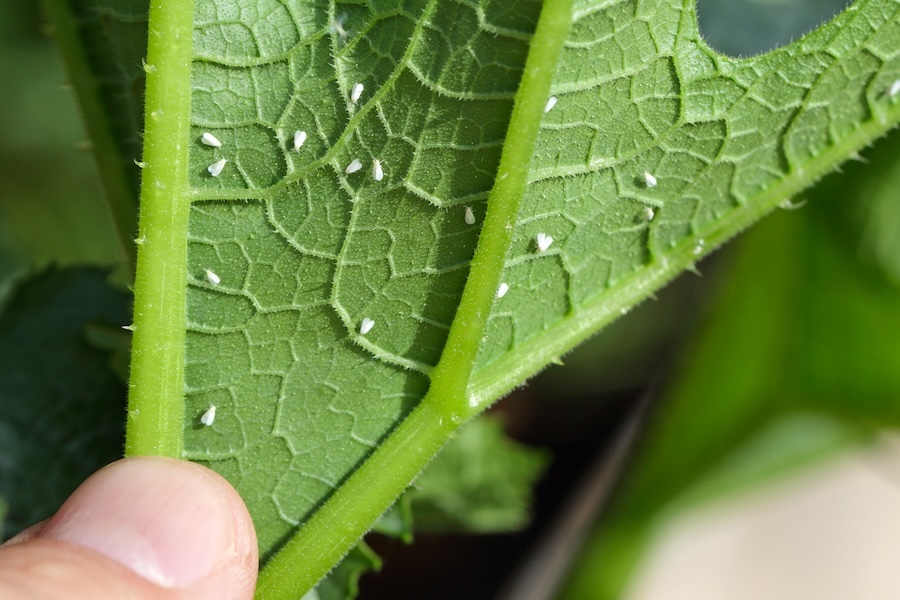It’s summer, and outdoor activities are on the menu. Make sure you don’t end up on the menu of a blood-sucking travel partner when you are out and about, say University of Georgia experts.
“Think of them as little vampires,” said Elmer Gray, a UGA Cooperative Extension entomologist. “All ticks require blood meals to survive and reproduce. And the United States has about 80 species of ticks that can feed on humans and other mammals, reptiles, birds and even frogs.”
Ticks common in Georgia are the lone star tick, American dog tick, blacklegged or deer tick and brown dog tick.
Transmit diseases
"Most people are naturally repulsed by the idea of something sucking their blood," said Nancy Hinkle, an entomologist with the UGA College of Agricultural and Environmental Sciences. "But ticks do transmit diseases, too."
While tick-borne diseases are relatively uncommon in Georgia, the Georgia Division of Public Health reports 50-80 suspected cases of Rocky Mountain spotted fever each year in addition to a few cases of Lyme Disease. Rocky Mountain spotted fever is the most commonly reported tick-borne disease in Georgia. Lone star ticks and blacklegged ticks both can carry human ehrlichiosis, a family of sometimes-deadly diseases with a range of flu-like symptoms.
In general, a tick has to be attached to its host for at least 24 hours to transmit disease.
“The diseases most often associated with ticks in Georgia are often typified by the onset of flu-like symptoms, including severe headaches, fever, rash and a general flu-like condition,” Gray said. “If you have any of these symptoms following a tick bite or after having been where ticks hang out, see a doctor promptly.”
Prevention
"Ticks don't fly, jump, leap or climb very high, so they are seldom found high above ground," Hinkle said. "They hang on low-growing vegetation, stick out their hook-like claws and when we walk by, they latch on and climb upward."
The best way to avoid tick bites is to stay in areas where the vegetation is open or maintained below ankle height. Walking trails should be kept mowed, and hikers should avoid any vegetation brushing against their legs during the summer.
Hinkle recommends treating socks and pant legs up to the knee with products that contain permethrin.
For added protection, tuck pant cuffs into your socks. "That keeps ticks on the treated surface and off our skin," she said.
Repellents help reduce the chance of getting a tick bite, too. It's important to target the feet, legs and waistline when applying repellents.
Reduce ticks around the house by keeping grass and brush cut short. Gray said this not only reduces places for ticks to live, but exposes them to sunlight, which can kill them.
Use tweezers to remove ticks that are attached to skin. Pinch the tick close to the mouthparts to remove as much as possible. Apply an antiseptic to the site immediately after removing a tick.
Check your pooch, too
While dogs don’t seem to be affected by Rocky Mountain spotted fever, they can suffer joint pain from Lyme disease, Gray said. And dogs and cats can catch other deadly diseases from ticks. Ask a veterinarian for an appropriate treatment to repel ticks.
"Check your pets daily for ticks," Hinkle said. "Run your fingers through their coat and remove any ticks before they start feeding."




.png)


